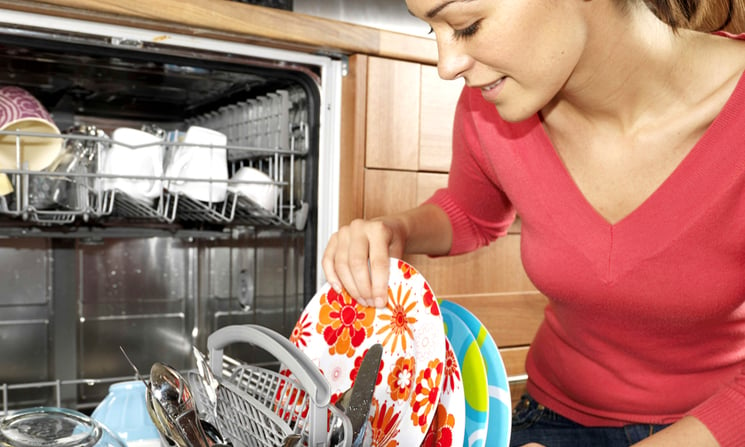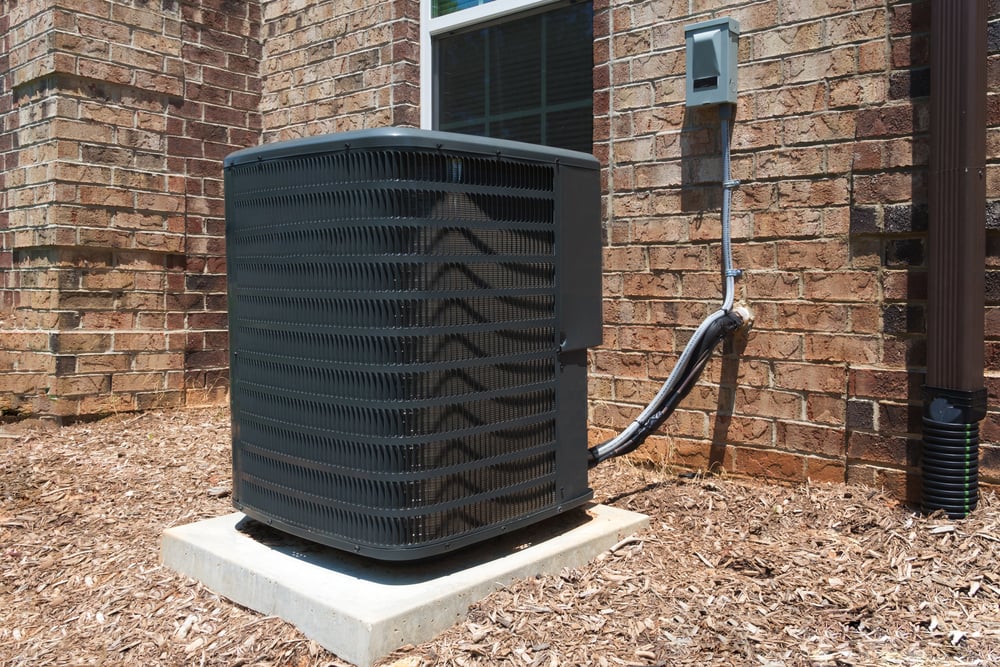What Is Home Equity?
Home equity is how much of your home you own outright—determined by calculating the home value minus what you owe on your mortgage. So, if your home was valued at $300,000 and you owe $200,000 on your mortgage, you have $100,000 in equity.
Here’s what’s great about equity: it automatically increases with housing prices. If the value of the average home in your neighborhood increases, you’re probably earning extra equity just by continuing to live in your home! And as we’ll explain next, home equity can be a valuable financial tool. Let’s explore what a home equity loan can be used for.
How to Utilize Home Equity
What can a home equity loan be used for? Financially responsible homeowners can positively leverage their home equity for long-term gains in a few ways:
1. Make Home Improvements That Increase Home Value
One of the most popular strategies for how to use home equity is to invest it back into your home to increase its overall value. If done right, you could get more back than the cost of the upgrades when it comes time to sell.
Common strategies for what a home equity loan can be used for include adding an extra bedroom or bathroom, adding smart home functionality, as well as knocking out long-term fixes like updating your HVAC system, repairing the roof or replacing it, and fixing old, leaky plumbing.
2. Pay Off High-Interest Debts
Using home equity can become a powerful way to consolidate and pay off high-interest debts under a new fixed rate—often lower than what you’re currently paying.
Home equity loans can be especially impactful when paying off credit card debt, auto loans, personal loans, and student loans—all of which can quickly compound out of control.
A word of caution, however: when you’re deciding what you can use a home equity loan for, you should only use it to pay off debts if you’re positive you’ve developed the responsible financial habits to avoid falling into severe debt ever again. If you’re unsure, talk to a financial advisor beforehand for guidance on making the best decision for you
When Not To Use Home Equity
We reviewed how you can use equity in your home wisely. Unfortunately, some homeowners end up using home equity irresponsibly and actually create additional long-term problems for themselves. Avoid using your home equity to pay for the following:
1. Travel
Paying for vacation—even that once-in-a-lifetime dream vacation—is a poor use of your home equity because it’s not a financial investment that will pay off over time.
2. Vehicles, Toys, or Gadgets
Generally speaking, you shouldn’t use your home equity to purchase boats, RVs, ATVs, VR headsets, drones, or any other expensive equipment or technology that will quickly depreciate.
3. Cosmetic Home Updates (Or Similar Investments)
Not every home update is a slam dunk for increasing home value. A new layer of paint in the guest room, for example, doesn’t exactly increase your home’s liveability. However, adding on an addition, updating that spare room so it qualifies as a bedroom, or adding a shower to the powder room can provide a serious lift to your overall home value.
But don’t get too carried away. A hot tub or swimming pool might seem like a great idea, but these features require considerable maintenance every year, and that could deter some future buyers and ultimately have zero impact on your overall home value.




